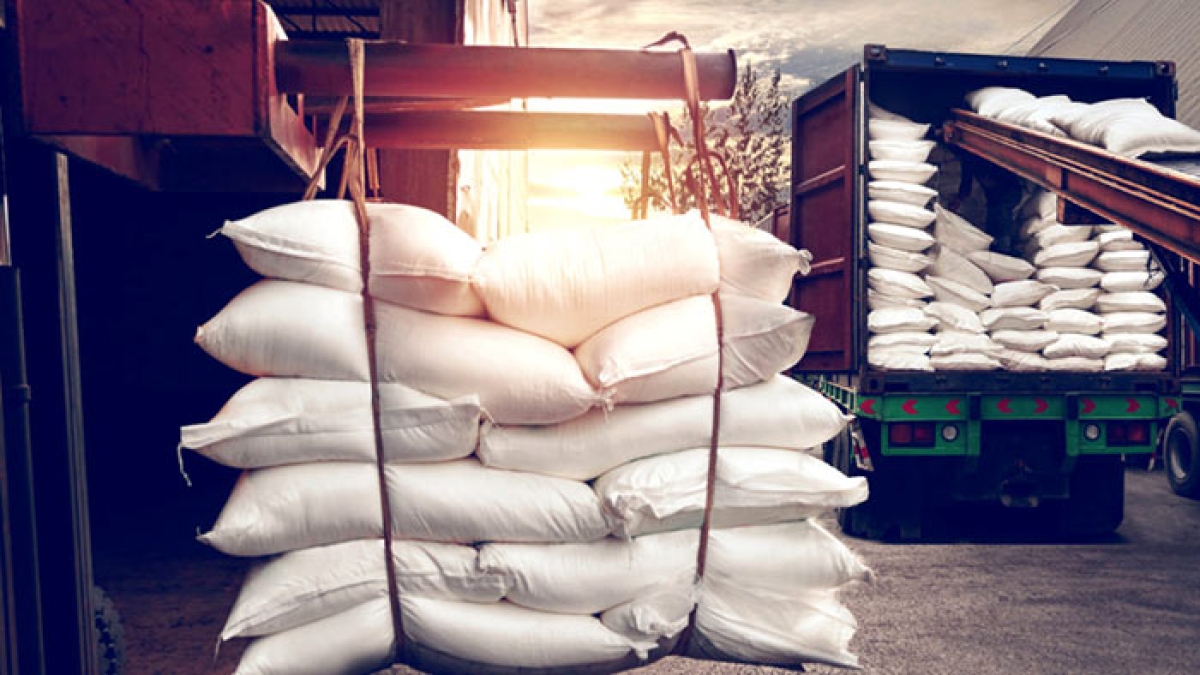Recent media reports have exposed a brewing controversy in Sri Lanka, as it has come to light that a staggering 18,000 metric tons of sugar were imported just before a significant increase in the sugar cess levy, raising questions about potential tax breaks for the companies involved. The levy, previously at 25 cents, was raised to 50 rupees, and it appears that this import may have allowed certain companies to significantly reduce their tax liabilities.
The import of 18,000 metric tons of sugar just before the tax hike represents a substantial financial benefit for the companies responsible. By importing the sugar at the lower levy rate, these companies essentially received a tax break of Rs. 895.5 million, which has raised concerns among the public and policymakers alike.
The authority to change the Special Commodity Levy, including the sugar cess, lies with the Finance Minister, who is also the President of Sri Lanka. This development has sparked discussions and debates regarding the transparency and fairness of such policy changes, as well as the influence of powerful stakeholders in the decision-making process.
Furthermore, the reports about the recent sugar imports may only scratch the surface of a larger issue. Calls are growing for an investigation into the extent of previously imported sugar that has been released from the port in recent days. Typically, imported sugar is not immediately released for consumption; instead, it is stored and bonded within port warehouses, avoiding tax payments. Over time, companies retrieve these stocks by paying the relevant taxes.
The situation has raised questions about the oversight of the import and taxation processes, as well as the potential implications for the Sri Lankan economy and government revenue. It has also sparked discussions about the need for transparency, fairness, and accountability in taxation policies and import practices.










